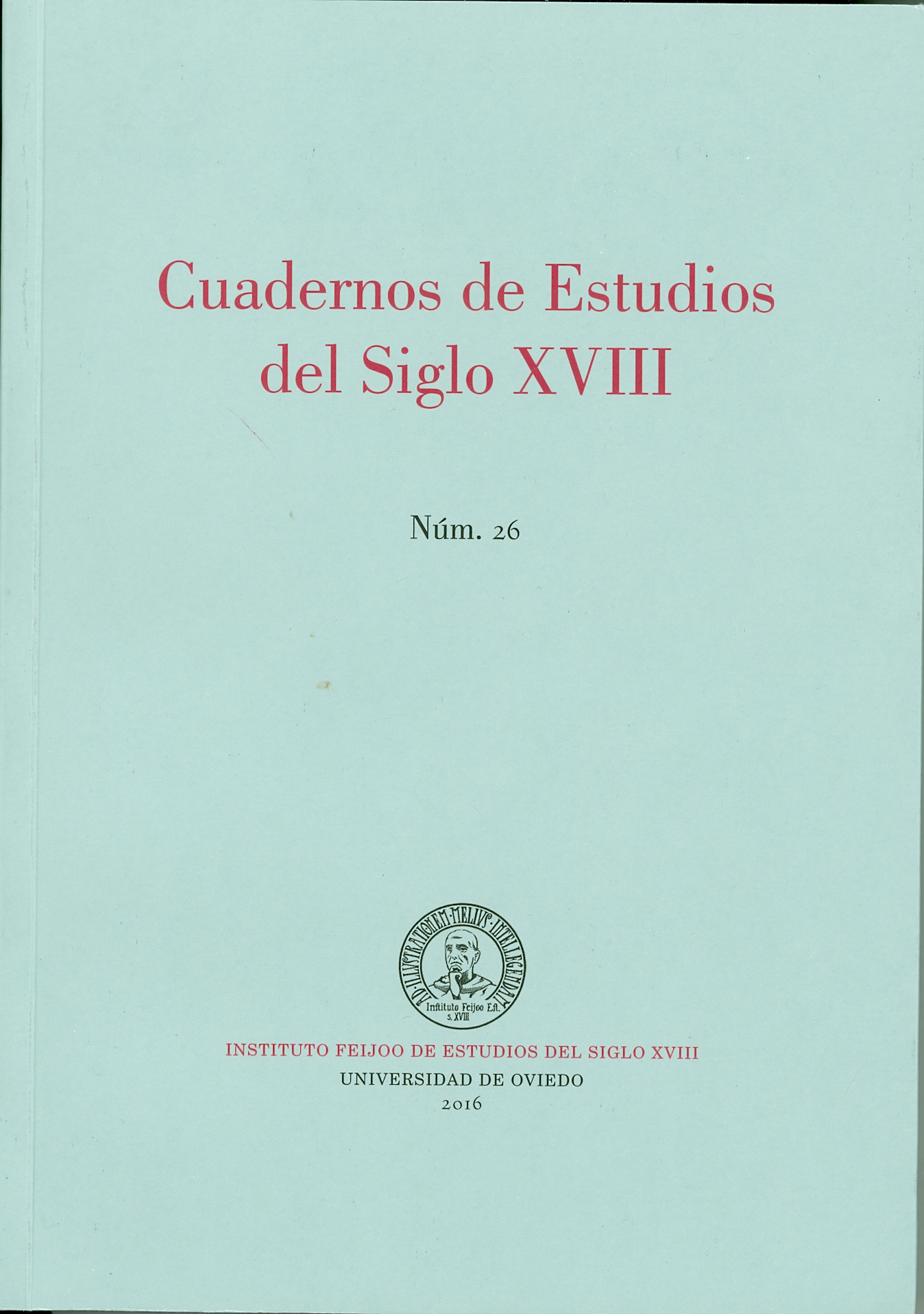Abstract
RESUMEN
Florian fue un autor de éxito popular y académico de ideas francesas ilustradas, pero de frecuente temática española. Ganó renombre como fabulista, dramaturgo y autor de novelas pastoriles, entre ellas su adaptación de La Galatea cervantina. Su Galatée combina un estilo delicado con los ideales fraternales de la época revolucionaria que vivió y emplea imágenes y personajes cervantinos revestidos de tonos y significados nuevos. No se ha comentado en la obra floriana la sistemática transfiguración en pastoril idealizada de lo caballeresco paródico del Quijote, ni siquiera la mera presencia de esta obra. Sin embargo, los fundamentales personajes de Silerio y Timbrio de La Galatea, adaptados muy libremente en Don Quijote con elementos cómicos y dramáticos bajo los nombres de Cardenio y Fernando, no pasan por esta metamorfosis. Florian, a pesar de la gran popularidad de Cardenio en la época, no cambia la caracterización de los dos amigos fieles ni rebaja el tono de su historia, conservando así el idealismo de su modelo pastoril.
PALABRAS CLAVE
Influencias, Quijote, Revolución francesa, sátira cervantina, idealismo, novela pastoril, simbolismo, fábulas.
TITLE
Images and characters from «Don Quixote» transfigured in Florian’s «Galatée»
ABSTRACT
Florian was a writer who achieved popular and academic success expressing ideas of the French Enlightenment, though often using Spanish subject matter. He won fame as the author of fables, plays and pastoral romances, among the latter being his adaptation of Cervantes’ Galatea. His Galatée combines a delicate style with the fraternal ideals of the revolutionary era in which he lived, and he made use of images and characters from Cervantes to which he gives a new tone and meaning. There has been no previous study of the systematic transfiguration into idealized pastoral of the chivalric parody of Don Quixote, or even awareness of the mere presence of that work. Nevertheless, the central characters of Silerio and Timbrio in Galatea Don Quixote have been very freely adapted with comic and dramatic elements under the names of Cardenio and Fernando, do not undergo this transfiguration. Florian, in spite of the great popularity of Cardenio in the period, does not change the characterization of the two faithful friends nor lower the tone of their story, thereby preserving the idealism of the pastoral model he has used.
KEY WORDS
Influences, Don Quixote, French Revolution, Cervantes’ satire, idealism, pastoral novel, symbolism, fables.

This work is licensed under a Creative Commons Attribution-NonCommercial-NoDerivatives 4.0 International License.
Copyright (c) 2017 Cuadernos de Estudios del Siglo XVIII

